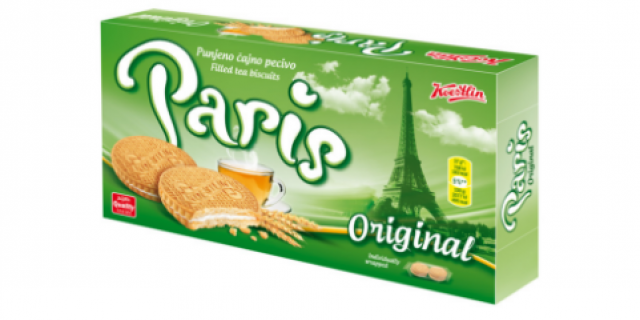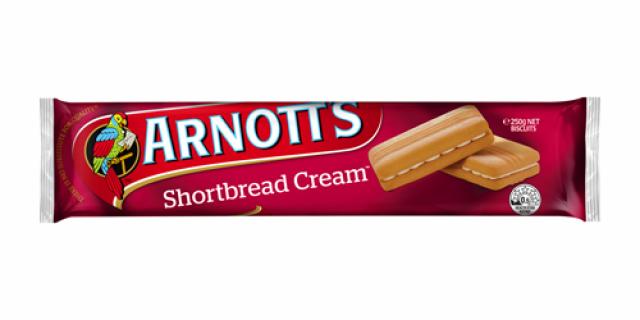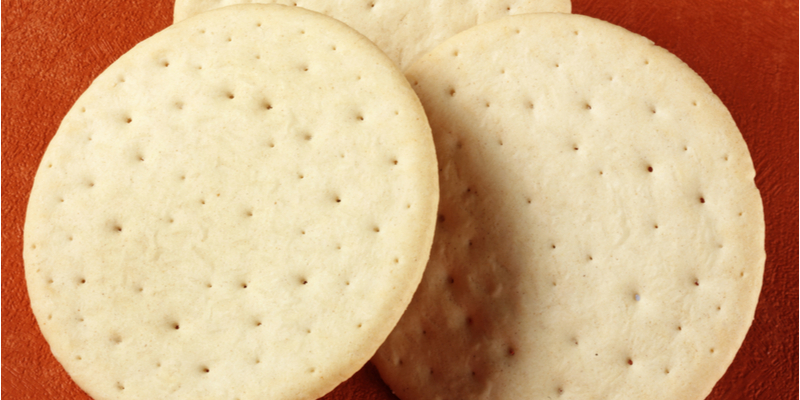
Bath Oliver: Wonderful Biscuits to Eat With Cheese!
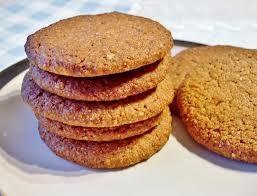
A ginger biscuit is an English baked goodie that is considered as one of the healthiest biscuits out there. They've been around since the 19th century
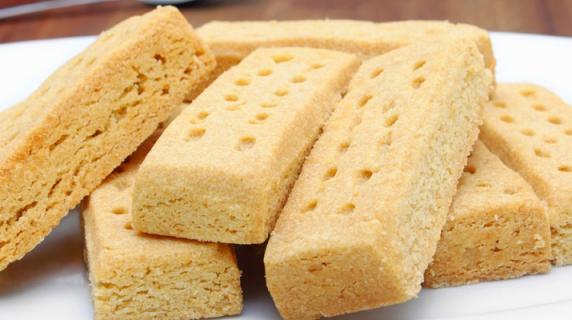
Shortbread is a sweet and crumbly biscuit originating in Scotland. It's easy to make and tastes great.
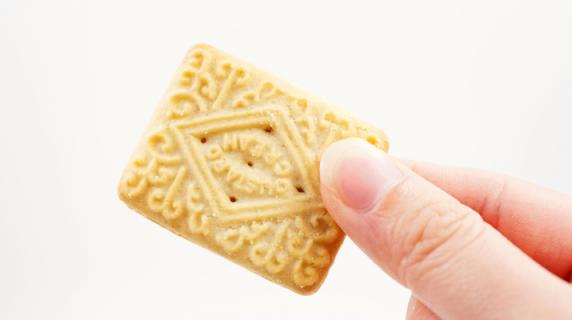
Custard cream biscuits are similar to a sandwich. They have creamy, custard-flavored filling placed between two biscuits.


